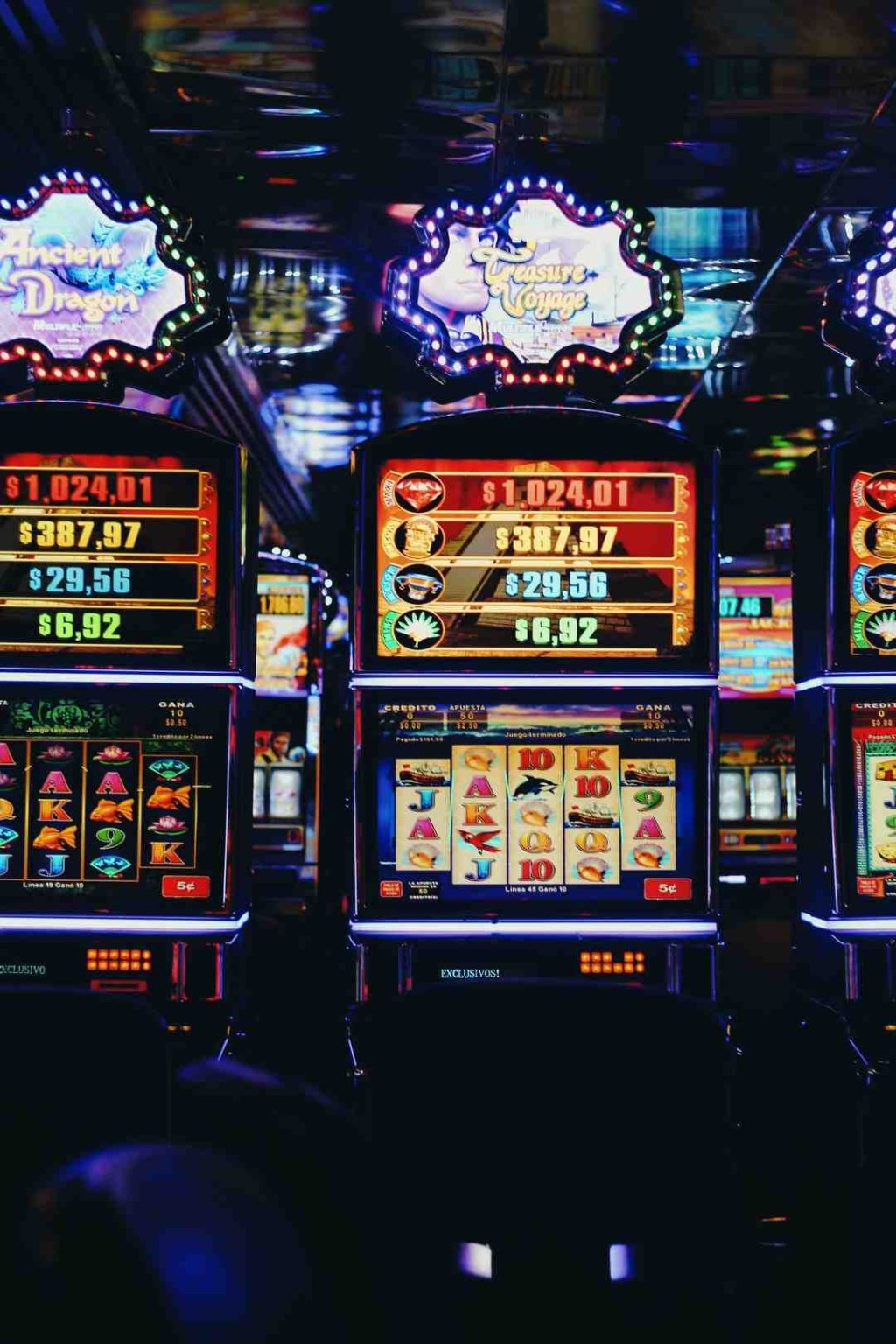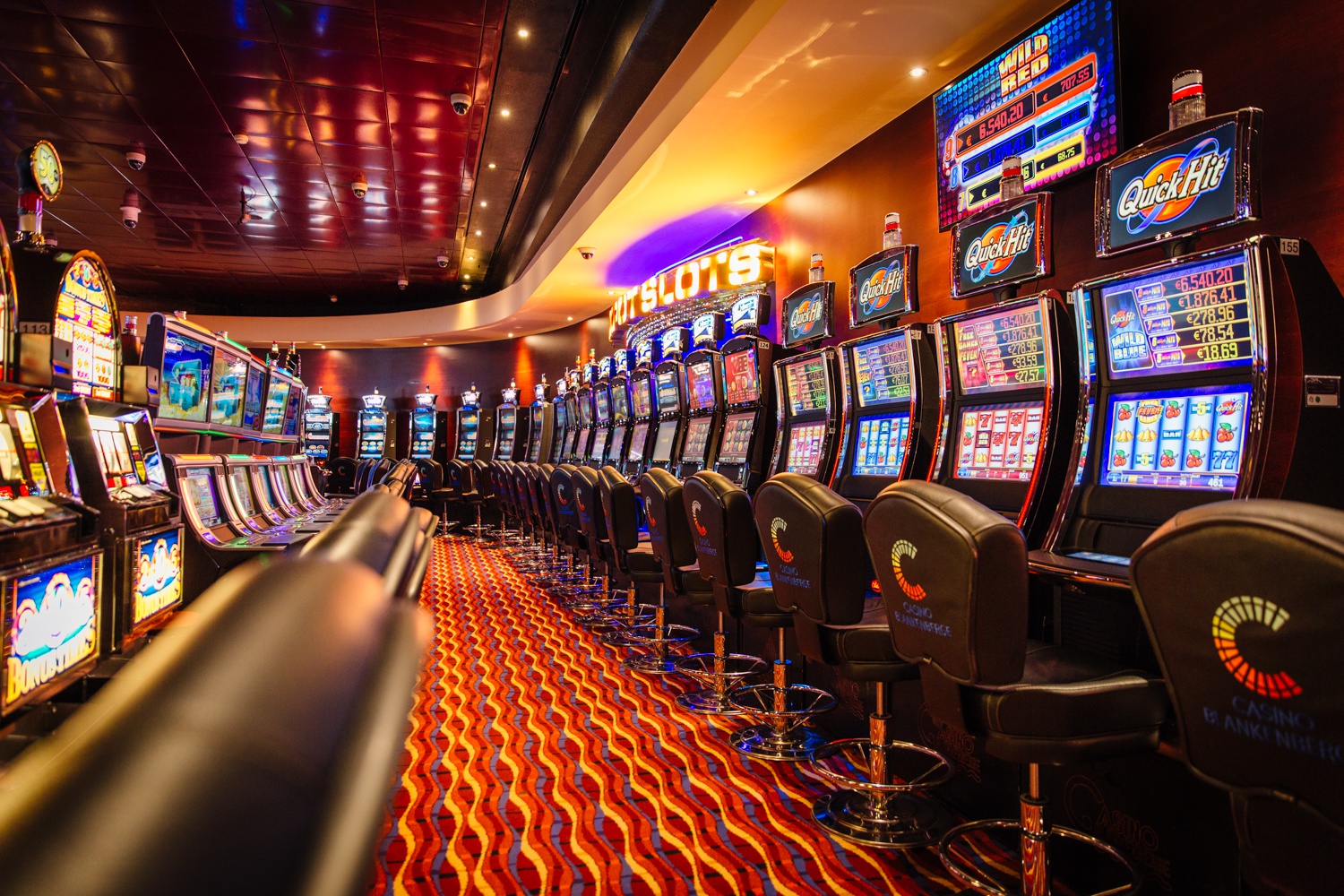In the world of gambling, in which chance and strategy intersect, a unique tapestry of beliefs emerges—one that braids luck, fate, and the enigmatic nature of casino games. Casinos, bustling with excitement and anticipation, are not just venues for placing bets; they are also arenas where superstitions thrive. From the novice player to the seasoned gambler, these mysterious practices often shape how individuals approach the games they play, holding the belief that their actions can impact the outcome in ways that go beyond mere probability.
When players gather around roulette wheels, blackjack tables, and slot machines, the atmosphere is thick with stories of lucky charms, rituals, and codified behavior that defy logic yet provide a sense of comfort. It could be the case that it’s wearing a specific outfit, following a particular sequence of bets, or even avoiding certain numbers, the attachment to various superstitions reflects a deep-rooted desire to master the uncontrollable. 123bet This article delves into the captivating world of casino game superstitions, investigating the beliefs that both entertain and mystify those who dare to play.
Historical Origins of Superstitions
Gambling games have long been connected with an variety of superstitions that can be traced to early cultures. The beginnings of these beliefs can be linked to humanity’s fundamental desire to influence the random outcomes related with fortune and randomness. In ancient civilizations, activities of chance were often tied to religious practices. Gamblers would invoke aid or ask for favor from gods, believing that their actions could affect the outcomes in their benefit. This groundwork laid the basis for the multitude of superstitions that proliferated as gambling evolved over centuries.
During the medieval period, betting became a common pastime across Europe, and with it, a rich tapestry of superstitions appeared. Players adopted various rituals and charms, believing they could influence the outcome of games. The value of numbers, in particular, emerged to show in superstitions around card games and dice. The number seven was often considered favorable, while different numbers carried unfortunate connotations. These ideas mirrored the societal contexts of the time, changing as they moved through generations and transformed to emerging gaming environments.
As gaming establishments appeared in the seventeenth century, particularly in the Italian peninsula and the French nation, the atmosphere surrounding betting became imbued in mystery. The growing openness of casino activities allowed for the expansion and variation of superstitions among players. https://123bety.com/ Concepts like fortunate charms, designated seating locations, and rituals gained prevalence, creating a distinct culture within gambling establishments. As these customs continued to thrive, they became integral to the character of gambling games, illustrating how historical developments and society shape the convictions that influence how participants interact with chance.
Popular Gambling Myths
Beliefs surrounding casino activities are plentiful and diverse, mirroring the dreams and anxieties of gamblers as they participate in chance-based activities. One of the most common beliefs is that certain numbers bring luck or bad luck. For example, the digit seven is often seen as a favorable digit, frequently embraced by players looking for a favorable outcome. Conversely, the digit thirteen is routinely considered unlucky, leading many gamblers to steer clear of it during their gaming sessions.
Another frequent belief relates to practices that gamblers believe can affect their odds. It could be blowing on the dice before a roll, using a particular gesture to place a bet, or even wearing particular items of attire, many individuals feel that these actions can sway fate in their favor. These practices offer a feeling of control in an otherwise unpredictable environment, strengthening the idea that luck can be manufactured through personal convictions and habits.
Finally, the ambiance and vibe of the casino itself adds to myths. Many gamblers suggest that the presence of certain icons, such as four-leaf clovers or fortunate coins, can enhance their chances of winning. Additionally, players might hold to the notion that winning streaks can be halted by mundane occurrences, such as someone passing by or a spill at the table. The shared environment in a casino can amplify these beliefs, creating a communal culture of myths that goes beyond individual encounters.
Impact of Superstitions on Players
Superstitions play a crucial role in the psychology of gamblers, often affecting their actions and decision-making. Many gamblers think that fortune can be manipulated through different rituals, such as wearing a lucky charm, selecting specific colors, or steering clear of particular digits. This reliance on superstitions can create a feeling of authority in an environment that is intrinsically unpredictable. Players frequently feel more self-assured and involved when they believe that their actions could sway the result of a game in their advantage.
The influence of these superstitions extends beyond individual players, affecting the overall atmosphere within the casino. For example, a player who believes in the luck of a certain slot machine might draw a crowd, as others are intrigued by their apparent success. This shared belief can heighten excitement and create a lively environment, leading to an interesting experience even for those who may not necessarily be superstitious. The excitement around specific games can lead to increased participation and longer playing sessions, supporting the casino’s vibrant social scene.
In some instances, superstitions can lead to detrimental effects for players. Relying too much on rituals can result in poor gambling decisions, as some may overlook basic strategies in favor of baseless beliefs. Additionally, the stress to perform rituals may increase anxiety and stress levels, diminishing from the enjoyment of the experience. Ultimately, while superstitions can enhance the thrill of playing casino games, they can also lead to unwise choices that overshadow the fun and entertainment intended in the casino experience.

